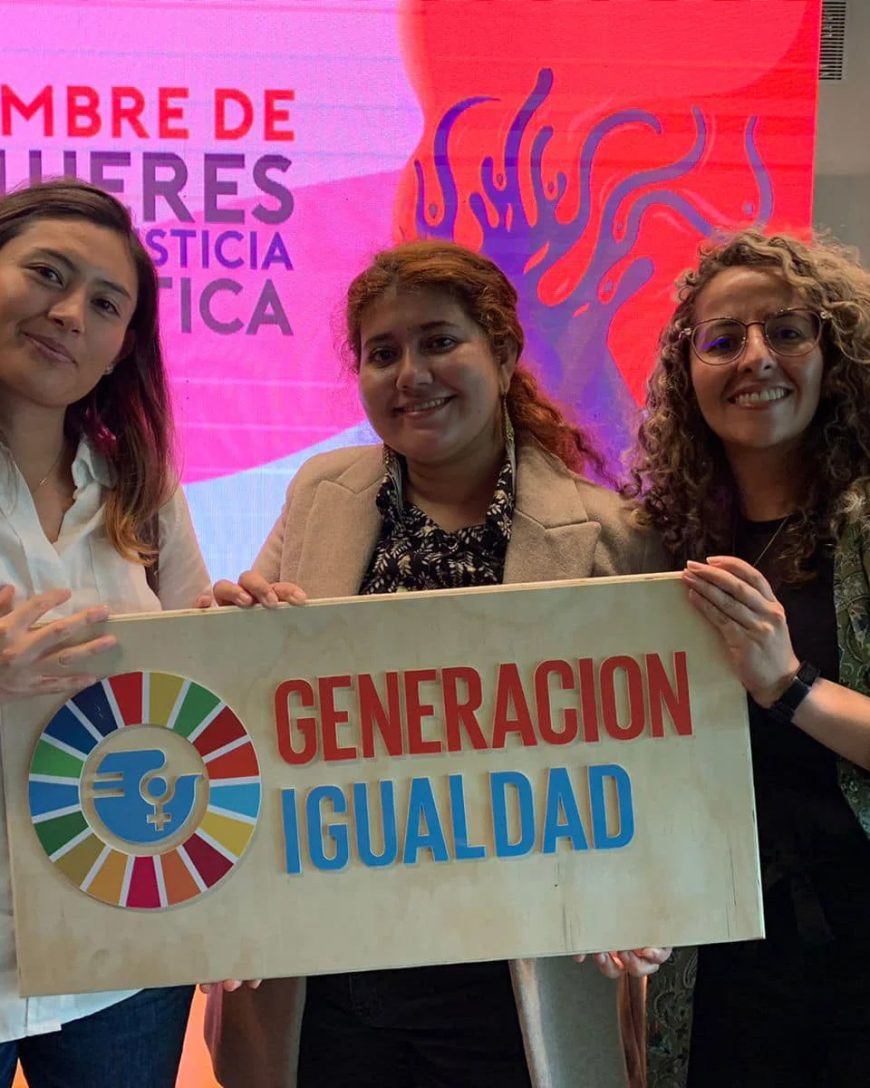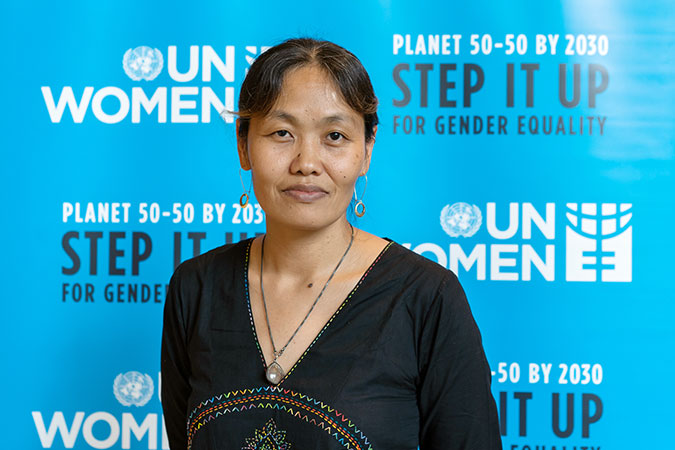Overview
As we reinforced in Chapters 1 and 2, finding quality data on climate and gender issues is a challenge. Here are some tips if you need to search for data online to conduct research:
- Map local NGOs, gender data, and women-feminist-LGBTIQ+ organizations that may have data on their sites.
- Look into the websites of the National Bureaus of Statistics of that country.
- Actively request public information. Most countries have a “Freedom of Information Act” that provides the public with the right to access information held by government agencies and public authorities.
- Find existing reports on these subjects and contact the organizations that compiled that information, asking for the raw data.
Key Questions
- What can we do in the fight against climate change and gender inequalities?
- How can we retrieve valuable information and data on gender and climate from the web?
- Where do we search for gender and climate data?
- Which organizations and activists are working towards gender equality and sustainability?
Global Repositories and Websites for Gender Data
The World Bank’s Gender Data Portal makes the latest gender statistics accessible through compelling narratives and data visualizations to improve the understanding of gender data.
The OECD Gender Data Portal includes selected indicators shedding light on gender inequalities in education, employment, entrepreneurship, health, development, and governance, showing how far we are from achieving gender equality and where actions are most needed.
UN’s Women Count Hub has updated data on gender-specific SDG indicators in one place. You can find data for their flagship report Progress of the World’s Women along with data on women, peace and security, and violence against women. Coming soon: a transparency gateway on UN Women program results.
The Gender Statistics Database of the European Institute of Gender Equality is a comprehensive knowledge center for gender statistics and information on various aspects of (in)equality between women and men.
The World Bank examines coverage of gender data in the SDG monitoring framework. You can find a lot of information about missing data.
The Gender Climate Tracker seeks to track gender-responsive climate action globally, particularly in relation to the implementation of the United Nations climate policy. The GCT provides easy, on-the-go access to key statistics, policies, and research related to gender and climate for the community of advocates, practitioners, and decision-makers who recognize the interlinkages between gender and climate change.
The Environmental Justice Atlas is an online open-access inventory of environmental distribution conflicts. The EJAtlas collects these stories of communities struggling for environmental justice from around the world. It aims to make these movements more visible, highlight claims and testimonies, and to make the case for true corporate and state accountability for the injustices inflicted through their activities.
Meet Some of the Women Environmental Defenders
Organizations that Work at the Intersection of Climate and Data
WEDO is a global women’s advocacy organization for a just world that promotes and protects human rights, gender equality, and the integrity of the environment.
The Gender and Environment Data Alliance (GEDA) aims to improve the availability, accessibility, understanding, and application of quality and robust data and information at the gender and environment nexus.
Women Deliver is a leading global advocate that champions gender equality and the health and rights of girls and women, in all their intersecting identities.
Equal Measures 2030 connects data and evidence with advocacy and action on gender equality to transform the lives of women and girls.
Data2X is a civil society organization and gender data alliance, working with partners to improve the production and use of gender data through strategic partnerships, research, advocacy, and communications.
What’s Next?
Actions You Can Take
At the crossroads of gender and climate change, we face complex challenges demanding immediate action:
- We need gender-sensitive data collection, analysis, and visualization. Engaging experts and communities, raising awareness, and building capacity are key steps. Climate activists can follow in the footsteps of feminist movements, advocating for the collection and use of inclusive data in civic society, government, policies, and actions.
- Climate change exacerbates inequalities, disproportionately impacting women and marginalized communities. Gender-sensitive data analysis is crucial to understanding these unique impacts, considering factors like age, ethnicity, income, and education.
- Financial inclusion and climate resilience go hand in hand. It’s vital to provide women and marginalized communities with the resources to adapt and embrace sustainability.
- Addressing gender-based violence and environmental degradation collectively is essential. Women play a central role in environmental conflicts and climate solutions, guiding policy change.
- Let’s collaborate, ensure inclusivity, and recognize diverse vulnerabilities. Women and LGBTIQ+ can foster equitable, resilient, and sustainable responses to the climate challenges ahead.
Sources
-
World Bank Gender Data Portal https://genderdata.worldbank.org/
-
Gender Data OECD https://www.oecd.org/gender/data/
-
UN Women Data Hub https://data.unwomen.org/
-
Gender Statistics Database from the European Institute on Gender Equality https://eige.europa.eu/gender-statistics/dgs
-
Data2X Resource Center https://data2x.org/resource-center/
-
World Bank (2023). Unpacking the Mystery of Missing Gender Data https://blogs.worldbank.org/opendata/unpacking-mystery-missing-gender-data?cid=dec_tt_data_en_ext
-
Environmental Justice Atlas site https://ejatlas.org/
-
Gender Climate Tracker site https://genderclimatetracker.org/
-
Barranquilla +20 Climate and Gender Equality initiatives https://barranquillamas20.com/services/gender-equality/
-
Dazed (2021). The young women activists fighting to make COP26 more feminist https://www.dazeddigital.com/science-tech/article/54683/1/the-young-women-activists-fighting-to-make-cop26-more-feminist-climate-crisis
-
UN Women (2018). Take Five: “If you are invisible in everyday life, your needs will not be thought of, let alone addressed, in a crisis situation” https://www.unwomen.org/en/news/stories/2018/7/take-five-matcha-phorn-in
-
Profile on Manoly Sisavanh https://cals.cornell.edu/education/admissions/graduate-admissions/professional-masters-degrees/master-professional-studies/student-alumni-profiles/manoly-sisavanh



